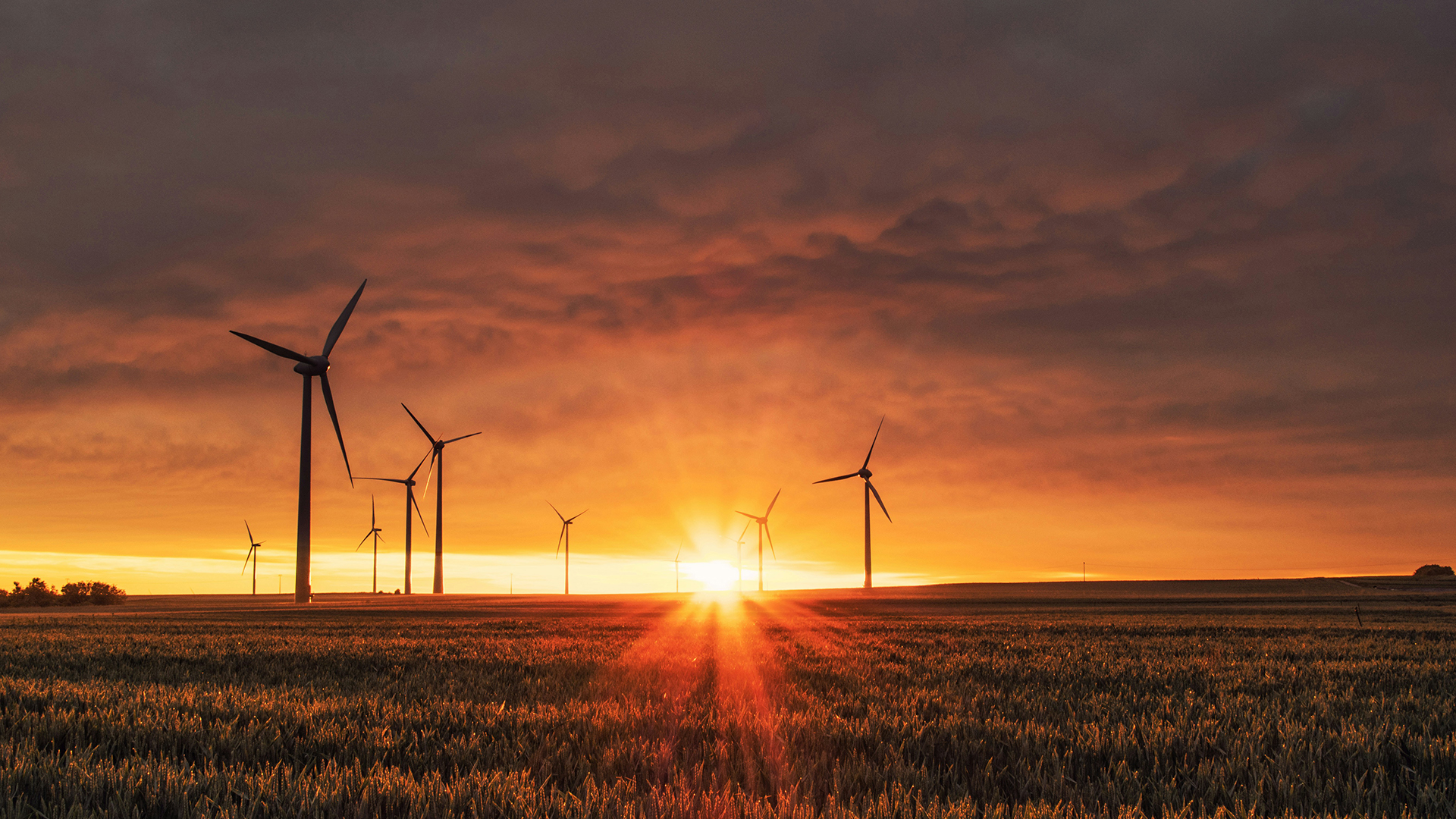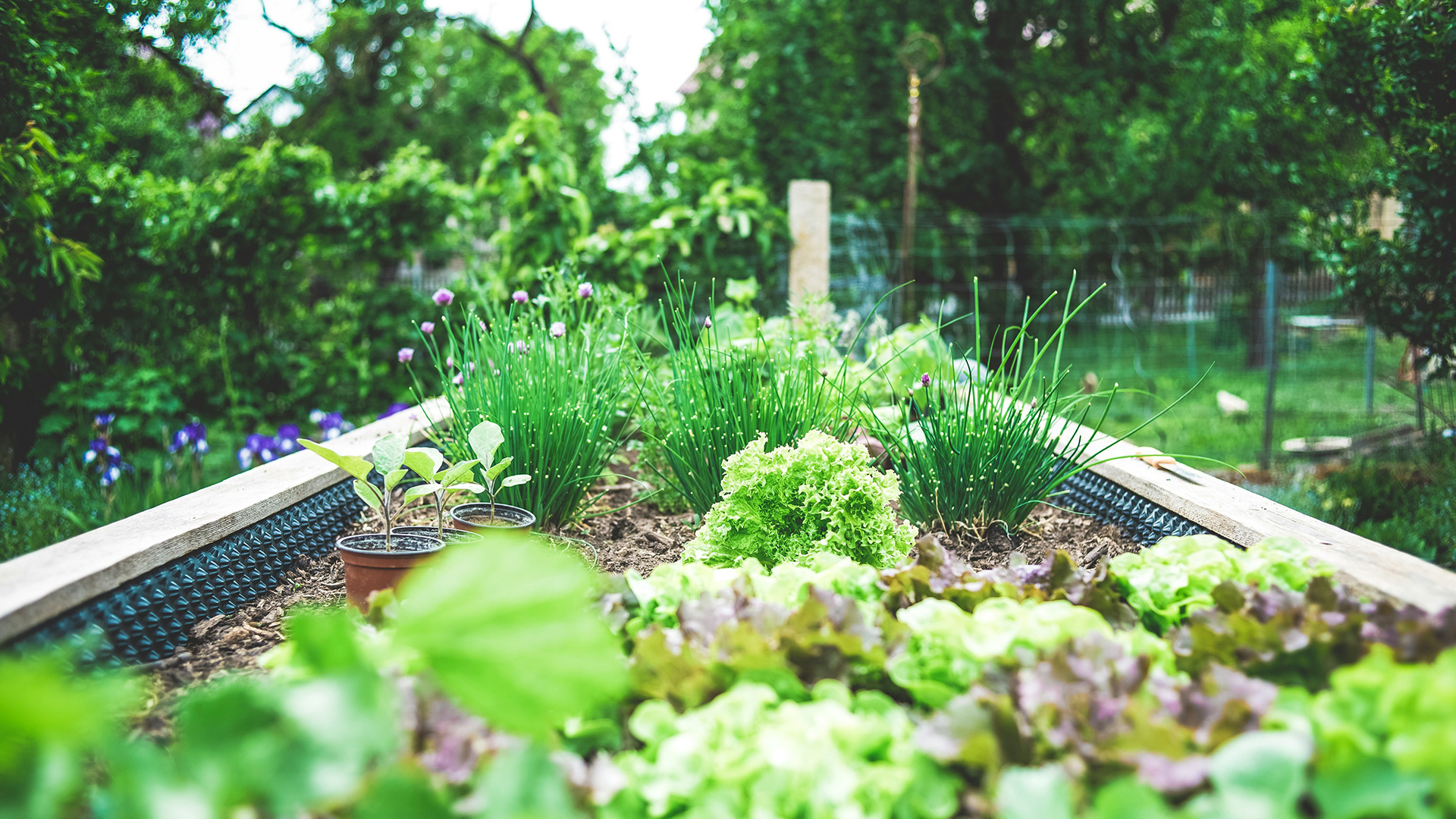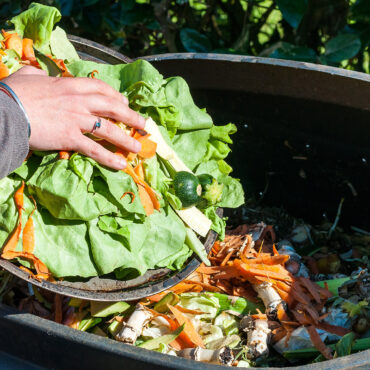Blog & News
Reduction

Degrowth, a term you may be seeing more of in the media and at dinner parties. What effects does it have on you? Are you among those who find the term daunting? Joy inducing? Does it pique your curiosity?
I personally had the chance to learn more from one of its most enthusiastic advocates, Yves-Marie Abraham, author and Associate Professor in the Management Department at HEC Montréal, when I attended his course at HEC last fall. The course profoundly altered my perception of classic “sustainable development,” and so I suggest that together we demystify this increasingly talked-about political proposition by addressing a few questions…
What is Degrowth?
According to Timothée Parrique, a French economist and leading proponent of the idea, degrowth is defined as “a reduction in production and consumption to lighten the ecological footprint, democratically planned in a spirit of social justice and concern for well-being.” From this definition, we understand that degrowth is a proposal to address both the environmental and social issues facing our current society.
Another key term is “planned.” Indeed, a reduction in production and consumption inevitably leads to a drop in economic activity. But unlike a recession, which is an uncontrolled event with disastrous consequences, degrowth involves meticulously planning this reduction in economic activity, so that it is both participative and democratic.

Why do some people advocate for degrowth?
Degrowth is a proposition fundamentally opposed to the current economic system which is based on the infinite accumulation of capital, i.e., capitalism. Indeed, to pursue an economy that aims for infinite growth in a world of finite resources is, to some, absurd.
Year after year, Earth Overshoot Day, the day when our society exhausts all the resources that the planet has the capacity to regenerate over the course of a single year gets earlier and earlier. In 2023, overshoot day was August 2nd. In other words, human societies were living on credit for about 5 months!
It’s a frightening fact that something is horribly wrong with the way our economy manages resources. This intense management also has a huge impact on natural ecosystems, and the warning signs of possible environmental collapse are becoming increasingly obvious. Of the nine planetary limits identified by a group of 28 international researchers, 6 have already been exceeded. Climate change is already being felt in many countries, with extreme heatwaves, drought, floods and more.
The lifeline to which most industrialized countries are currently clinging is called “sustainable development” or “green growth.” This concept is based on the promise that, by pooling our efforts, a decoupling could be achieved between economic growth and the use of natural resources. We could continue to grow while limiting the impact of this growth on the planet.

Yet, studies show that we’re a long way from achieving this. No absolute decoupling has yet been achieved. Some countries have come close to a decoupling of CO2 emissions, but the pace is still too slow to reach the target of limiting global warming to 2 degrees. The arrival of this long-awaited decoupling therefore seems rather unlikely, especially at a time when we need to act quickly.
Products may be more efficient, better designed, lighter and greener, but the depletion of resources and the impact of industry will not stop without a real reduction in production.
Faced with the unconvincing and slow-moving results of classic “sustainable development,” advocates of degrowth are proposing a complete change of course: a shift from a productivity-based economy aimed at maximizing profit, to a stationary economy aimed at meeting people’s real needs. The radical nature of this proposal is daunting, but it may also be necessary if we are to get off the economic train hurtling towards eventual worldwide collapse.
How does degrowth play out in our daily lives?
To escape the race for growth and its harmful effects, we first need to become less dependent on it. These days, most of us are deprived of the means and tools to sustain ourselves. We no longer produce the food we eat, we no longer make our own clothes, we no longer know how to repair our everyday tools, and so on. We are thus unknowingly forced to sell our labour in order to obtain the money needed to meet our needs. One of the aims of degrowth is to regain control over these resources.

Here are just a few ways in which degrowth plays out in everyday life:
● Getting closer to food self-sufficiency by growing fruit and vegetables in your own backyard.
● Produce and consume locally and reduce globalization (with its devastating ecological and social impacts).
● Halt material consumerism and favour nonmaterial consumption: focus on experiences rather than objects.
● Free ourselves from ownership by sharing, lending and giving what we have to others.
● Extend the lifespan of objects by reclaiming the skills needed to repair our clothes, appliances and furniture (#endplannedobsolescence!).
● Reduce the hours of paid work in a traditional job, so that we can increase the amount of “unpaid” work time dedicated to satisfying our basic needs and living in a community (4-day work week!).
● Work not to increase the profits of a company and its shareholders, but to meet the real needs of society (#npo).
● Encourage innovation through low-tech, as opposed to energy-hungry high-tech, which relies on the extraction of rare minerals. For example: walking or cycling instead of using the car (even if it’s electric!!), reading a book instead of watching TV, and so on.
In the few points listed, you’ll recognize many of the concepts already promoted by current sustainable development concepts such as the circular economy. Degrowth embodies a number of well-known ideas, such as buying local, saving energy, buying second-hand and so on. So maybe it’s not so idealistic after all?
It’s up to you to decide for yourself! To learn more about degrowth, here are some additional resources to check out:
Ressources to view:
Ted Talk (French only, English subtitles available): L’utopie de la décroissance par Timothée Parrique
Radio-Canada segment (French only): La décroissance pour sortir de la crise écologique?
Radio-Canada segment (French only): 3 idées de décroissance
La décroissance est-elle la solution à la crise environnementale? (French only article)
Croître ou durer, il va falloir choisir! par Yves-Marie Abraham (French only article)
Green growth vs. degrowth debate: HEC Montréal (Held in French only)
References:
Jour du dépassement de la Terre : alerte rouge pour la planète bleue
La 6e limite planétaire est (officiellement) dépassée, Bon Pote
Is Green Growth Possible?
Related posts :
Contact us
Earth Day Canada
5818, boulevard Saint-Laurent
Montréal (Québec) H2T 1T3 Canada
Phone : (514) 728-0116
Toll free : 1 800 424-8758
Fax : (514) 303-0248
Email: hello@earthday.ca
2026 © Earth Day Canada. All rights reserved.
Privacy policy · Terms of use · Trademark









